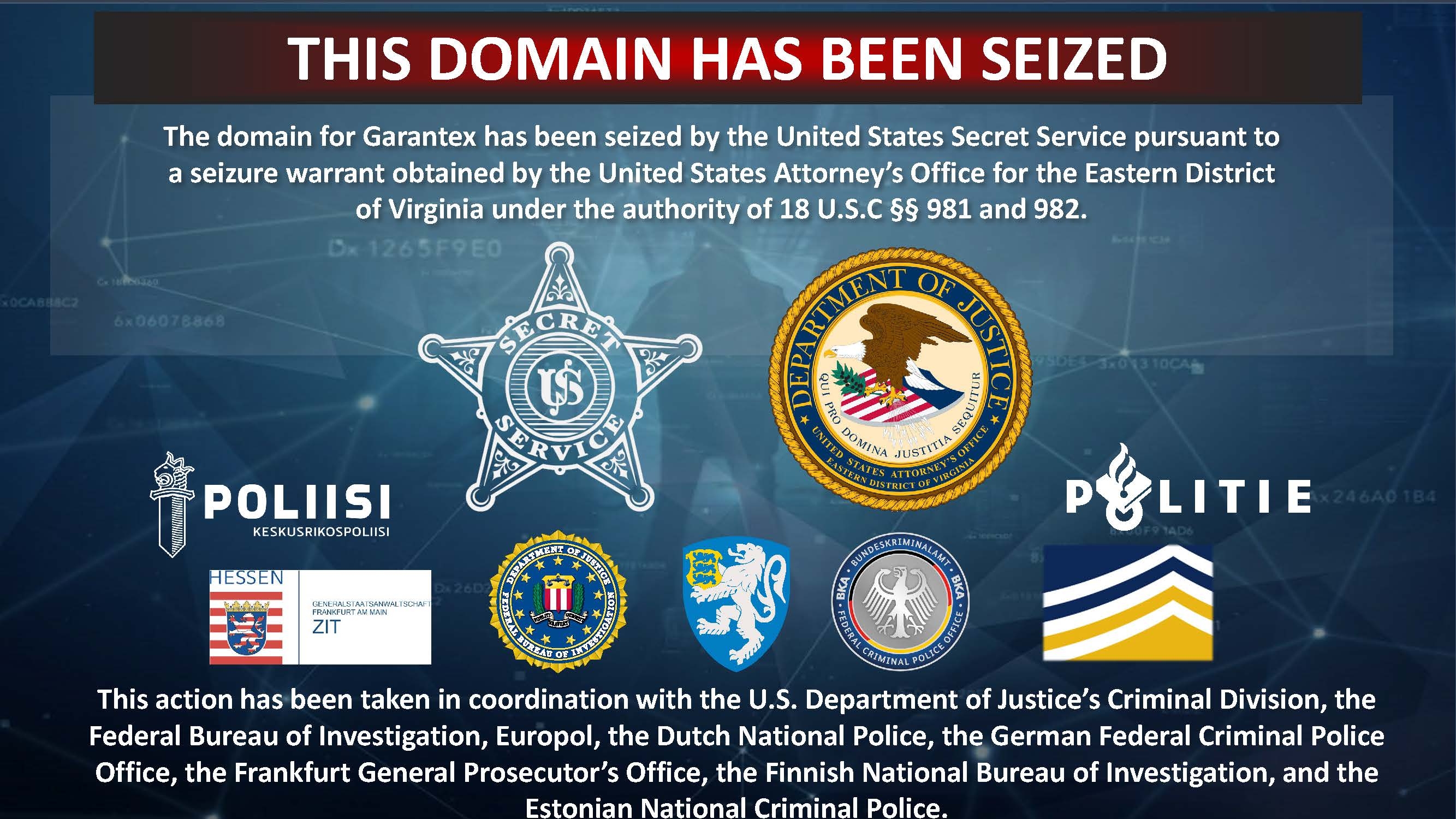Trump Administration Imposes Sanctions on Garantex for Cyber Money Laundering
The Trump administration has imposed new sanctions on Russian crypto exchange Garantex, citing its central role in facilitating cyber money laundering and enabling ransomware attacks.

The United States, under the Trump administration, has announced a fresh round of sanctions targeting the Russian cryptocurrency exchange Garantex, accusing it of acting as a hub for cyber-enabled money laundering and supporting transnational criminal organizations. The move, coordinated with international partners, aims to disrupt the flow of illicit funds through digital platforms and signals an intensification of global efforts to curb cybercrime-linked financial networks.
International Coordination and Enforcement
The U.S. Treasury Department’s Office of Foreign Assets Control (OFAC) re-designated Garantex on its sanctions list, citing evidence that the exchange had enabled ransomware attacks and laundered billions in cryptocurrency for criminal groups. The Justice Department, in a coordinated action with Germany and Finland, also moved to dismantle parts of Garantex’s online infrastructure, highlighting the multinational scope of the enforcement effort. Authorities offered a $6 million reward for information leading to the arrest of Garantex’s leadership, underscoring the seriousness of the allegations.
Evasion Tactics and Industry Impact
Despite previous sanctions and arrests, Garantex has reportedly resurfaced under new names and platforms, such as Grinex, with cybersecurity experts noting that its playbook for evading legal consequences is being emulated by other illicit crypto exchanges. Investigations by TRM Labs and other compliance firms reveal that Garantex and its successors have engaged in rebranding, cloned interfaces, and jurisdictional arbitrage to continue operations, often using ruble-backed stablecoins and complex transaction chains to mask illicit activity. This adaptability poses significant challenges for law enforcement and regulatory agencies worldwide.
The sanctions have forced corporate restructurings within the crypto space, as companies scramble to comply with new regulations and avoid association with high-risk platforms. Regulatory fragmentation across regions, especially in Asia and the EU, has created opportunities for arbitrage and further complicated enforcement, with some exchanges exploiting loopholes to continue facilitating suspicious transactions.
Political Context and Criticism
The decision to sanction Garantex comes amid broader debates over the Trump administration’s approach to Russia and cybercrime. Critics point out that, after years of pressure, the pace of new sanctions and export controls dropped markedly in 2025, raising questions about the consistency and effectiveness of U.S. policy. While the administration touts its pro-crypto stance and the creation of a Strategic Bitcoin Reserve, detractors argue that enforcement actions have been sporadic and sometimes abruptly halted, potentially weakening the deterrent effect on Russia and other hostile actors.
Meanwhile, European and UK authorities have imposed their own sanctions on financial systems and crypto networks linked to Moscow, seeking to close off avenues for sanction-busting and illicit finance. The international community remains divided on the best approach, with some favoring tougher controls and others warning of unintended consequences for legitimate crypto innovation and cross-border commerce.
Cybersecurity experts warn that as criminals learn from enforcement actions and adapt their tactics, regulators must also evolve, focusing on monitoring behavior and infrastructure rather than merely tracking names. The Garantex case highlights the ongoing cat-and-mouse dynamic between law enforcement and cybercriminals, with the future of crypto regulation and enforcement hanging in the balance.